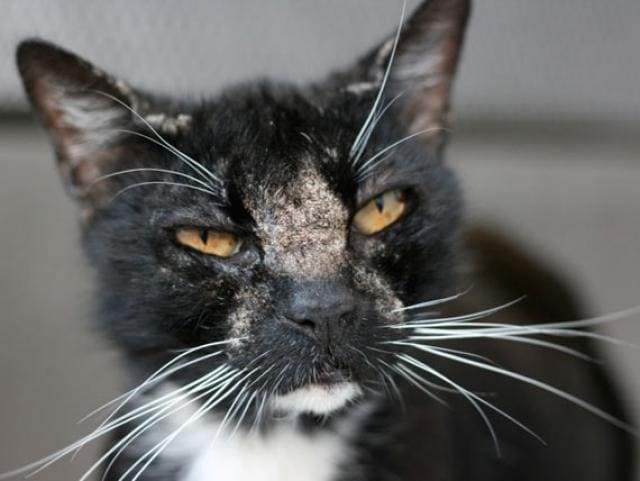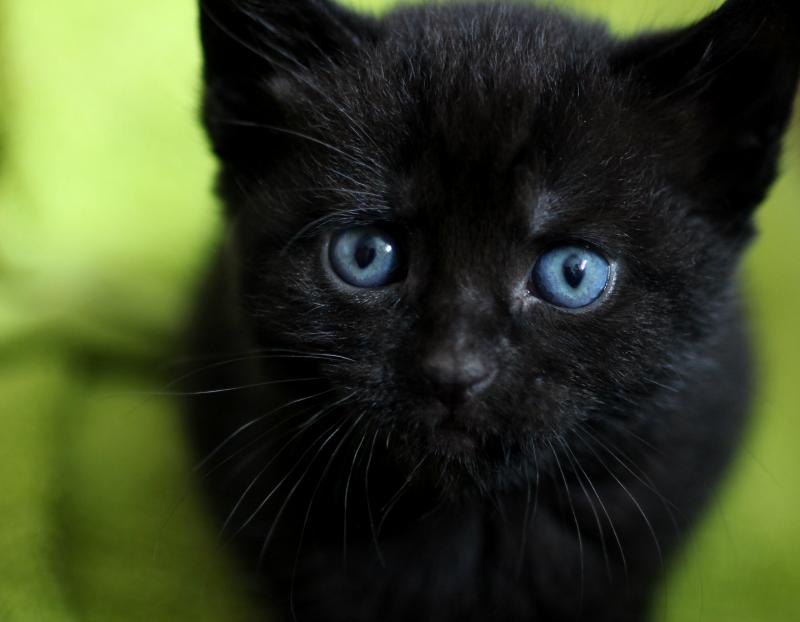
Exercise is important as cats are very active pets and so room to play as well as access to cat toys such as scratching posts are very beneficial. Jacque Lynn Shultz from the ASPCA notes that indoor-only cats live an average of 10-12 years while outdoor-only cats survive only an average of 2 years.

Potentially deadly dangersparasites catching diseases from other cats being hit by cars stolen by strangers attacked by predators or just plain getting lostare constant threats to an outdoor cat.
How old can cats live indoors. 27 Zeilen Cats who spend significant unsupervised time outdoors tend to survive to be about 7 years old while indoor-only cats can be expected to live to around 14 years of age. How long do cats live. Domestic cats can live for up to 20 years Factors such as diet healthcare and environment can have an impact Neutered cats tend to live longer Cats have six key life stages which can help to understand certain healthbehavioural problems.
The numbers varied widely among all the sites we visited ranging from 14 to 20 years. Based on the numbers we chronicled the average lifespan of an indoor cat is 16875 years. An all-indoor cat lives an average of 13 to 17 years whereas a cat whos allowed to roam is likely to survive just two to five years.
That said they may live longer depending on. Anyone with a cat in their life will know that theyre probably going to stick around for a while with the average lifespan of indoor house cats these days hitting an impressive 12 to 15 years. An indoor cat may live 15-17 years while the life expectancy for outdoor cats is only 2-5 years according to researchers at University of California-Davis.
Jeff Levy DVM CVA owner of House Call Vet NYC also discourages owners from keeping cats outdoors. Indoor-only cats can become stressed by living together with other cats in restricted territory so it is important to keep an eye out for signs of your cats not getting on. There are also indoor hazards to be aware of from open cupboards washing machines and tumble driers to balconies and windows.
Some houseplants are toxic to cats and it is best to ensure these arent within your cats. Litter trays should be kept clean for all cats and in a quiet part of the home but this is particularly important for indoor cats as they dont have an alternative place to go. Cats can become stressed if they dont have a clean and quiet place to go to the loo.
Puzzle feeders are a brilliant way of keeping your cat mentally stimulated. They are more complex than giving a cat their food in a simple bowl. They may be bowls with grooves or raised areas so the cat.
While cats can live healthy lives into their late teens and even early 20s there comes a time when your pet will begin to decline either due to old age or a progressive or terminal medical issue. Recognizing when the end is approaching for your beloved feline will help you make the most loving and compassionate choices for her and for yourself. Indoor cats like ample stay to roam and play as well as access to multiple hiding spaces.
Exercise is important as cats are very active pets and so room to play as well as access to cat toys such as scratching posts are very beneficial. Indoor cats are more secluded than outdoor cats are so will need to be interacted with more often. Indoor cats will also appreciate access to a clean litter tray in a private.
But if this isnt possible theres still much that can be done to improve a cats life indoors. Because cats are only considered semi-social indoor environments may present. Indoor cats tend to live longer than their outdoor counterparts typically reaching 10 to 15 years of age.
Cats who spend their lives exclusively outdoors live an average of just 2 to 5 years. While indoor cats can live up to 10 to 15 years outdoor cats lives a dramastically shorter lives with an average of 2 to 5 years. Quality pet care can extend your felines life.
Indoor life Ideally all cats would be allowed access to the outdoors to express their natural behaviour. However cats can adapt to living indoors particularly if they are used to it from a young age. Some cats need to be confined indoors due to medical conditions and others prefer an indoor life.
In Continental Europe where a lot of people certainly in towns live in apartments theyve been keeping cats indoors for half a century or so without apparently there being any problem. Actually close to two-thirds of owned cats live indoors either exclusively or for a majority of the time. Cats can live a happy and healthy life indoors with their families.
Allowing your cats to roam outdoors can significantly shorten their lives. Potentially deadly dangersparasites catching diseases from other cats being hit by cars stolen by strangers attacked by predators or just plain getting lostare constant threats to an outdoor cat. And cats themselves can.
Jacque Lynn Shultz from the ASPCA notes that indoor-only cats live an average of 10-12 years while outdoor-only cats survive only an average of 2 years. With routine vaccinations and vet checkups plus a spaying or neutering can cause an indoor cat to easily thrive into her teens or beyond. The average life span is 12.